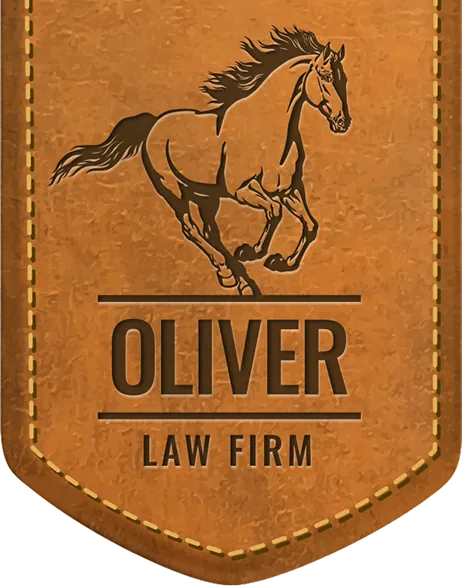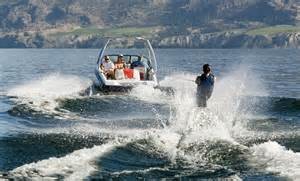
The general rule is that the mineral estate is dominant over the surface estate. The mineral owner has the right to explore, develop and produce his minerals or lease those minerals to a company to do so. Over time, the Courts have found an implied easement exists to use the surface for mineral development. This implied easement includes the right to do everything from constructing roads, all the way down to potentially laying pipelines to help gather any production and can usually be found in the lease that was signed with the oil and gas company. This implied easement is a “reasonably necessary” surface easement, meaning that if the company does more than is reasonable and/or necessary, they could be liable to the surface owner for damages. Another factor that could come into play depending on the state is what’s called the Accommodation Doctrine, which requires a balancing of the implied easement outlined above if the surface has a pre-existing use, say crops for example. The burden is on the surface owner to show that the proposed use by the company will impair or damage the pre-existing use. If there are reasonable alternatives the company can choose that would accomplish the same result, they must do so or face potential liability. However, if there are not reasonable alternatives then the company can proceed with their proposed plans without fear of liability. Down the road once a well has declined so that continuing to operate it is not justified, the company does have an implied duty to restore the surface to as close to the same condition as it was before drilling.
Nowadays it’s extremely common for oil and gas companies to negotiate surface use agreements with surface owners as a result of many states passing what are called Surface Damage Acts, where the surface owner is compensated by statute. It’s also common for companies to provide damage payments to surface owners, even if the damage is reasonably necessary and they technically would not owe the surface owner anything.
*Arkansas does not have a Surface Damages Act. Therefore, absent an agreement otherwise, a company would not be liable to the surface owner for surface damages unless the company is negligent or exceeds the reasonably necessary standard discussed above. Note that Arkansas courts have added a negligence component to the mix. Arkansas does provide a statutory remedy for spills of crude oil or produced water that results in damages on the surface.
a Free Consultation



